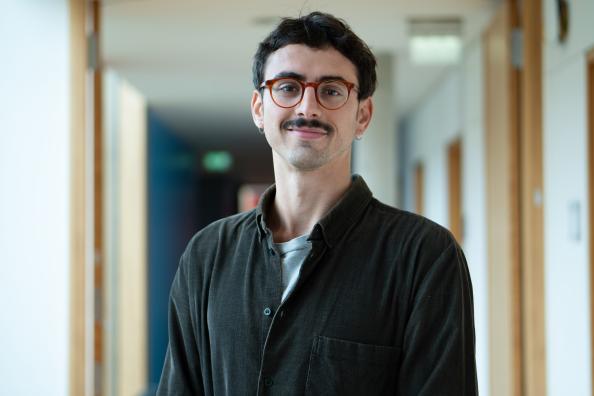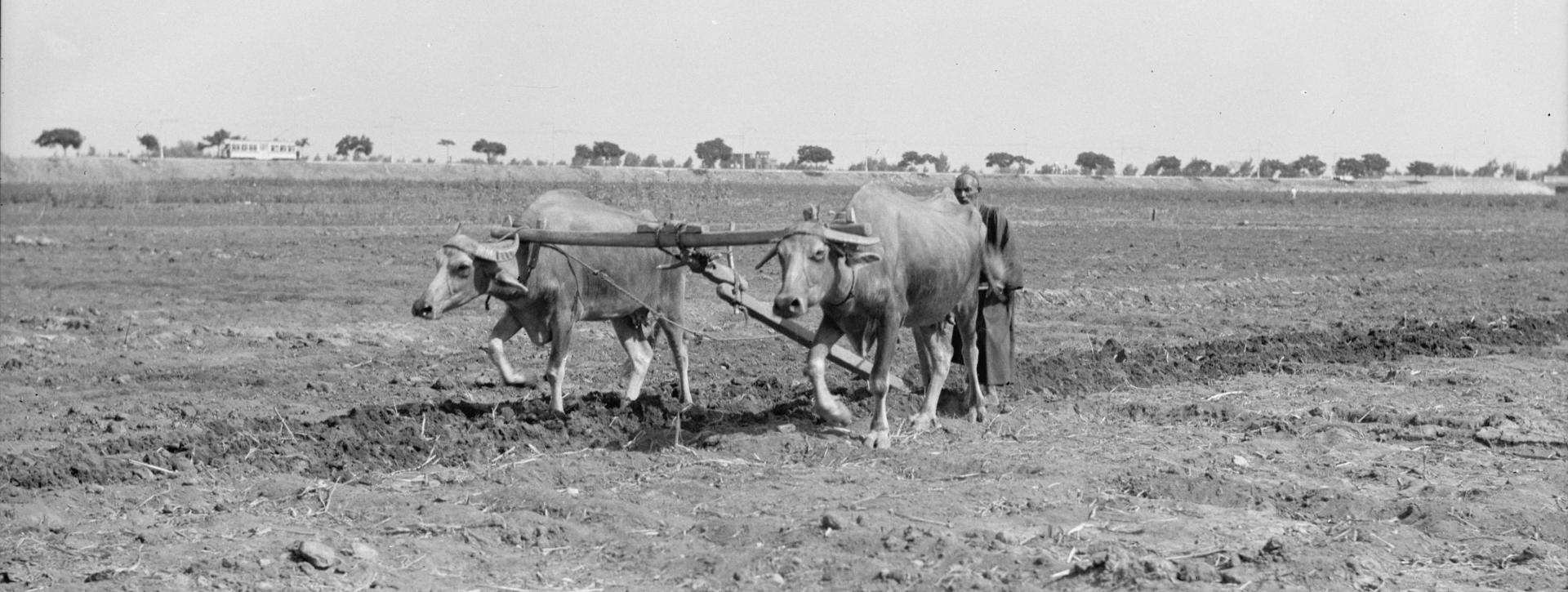
Image 1: The Worldwide Influence of Imperial Chemical Industries Limited (© Imperial Chemical Industries Ltd: Short Account of the Activities of the Company, England: Imperial Chemical House 1929. Courtesy of the Catalyst Science Discovery Centre and Museum).
Image 2: Plowing a Field with Buffalos, 1930s (© The Library of Congress Prints & Photographs Division, Matson Collection).
Image 3: Brochure by the Nitrate Corporation of Chile presenting the results of experiments in nitrogenous fertilizer, 1935 (© Israel State Archive).
Agrochemical Transformations and their Knowledge Resources in Egypt, 1882-1952
Omri Polatsek’s project analyzes Egypt’s growing reliance on fertilizers and pesticides from the late nineteenth to the mid-twentieth century, studying the knowledge and resources that enabled, promoted, and contested their production, circulation, and usage.
Omri takes a Middle Eastern perspective to unpack the history of agricultural systems’ dependency on agrochemicals. By analyzing fertilizers and pesticides as commodities and technoscientific objects, his project studies how agrochemicals and knowledge about them emerged in the socio-ecological environments of Egypt and the region. Simultaneously, it points to their contingency on and reciprocal relations with the global flow of matter, ideas, and capital.
Whereas the chemical-based transition of agriculture is usually depicted as a post–World War II phenomenon that accelerated during the 1960s-1970s “Green Revolution,” Omri’s project anchors the agrochemical transformation generated by fertilizers and pesticides in the imperial context of the interwar period and earlier, studying how it shaped colonial and postcolonial trajectories.
Omri holds a MA in global history from Freie Universität Berlin and Humboldt-Universität zu Berlin. He completed his BA in Middle Eastern history at Tel Aviv University. During his studies, Omri worked at the “Environment and Justice” research group at the Zentrum Moderner Orient.


